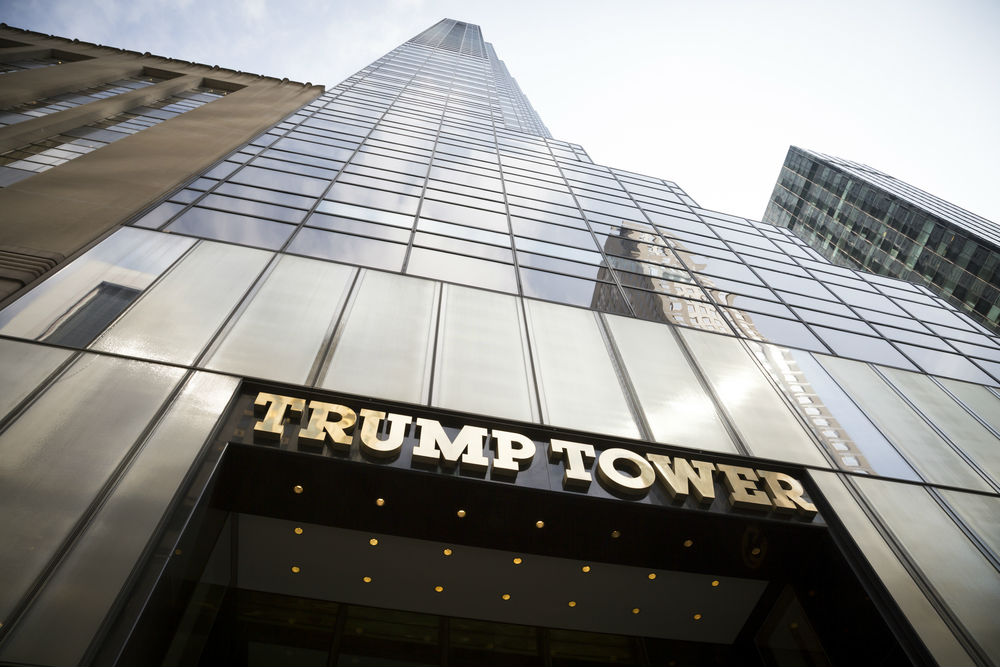In the wake of Brexit and subsequent stock market volatility, real estate discounts seem to be the new normal all over the United States. New York is experiencing its pangs.
The stream of case histories are steady and ongoing.
A unit at One57––once New York’s “Great Gatsby” neighborhood of ultra-luxury condominiums––was bought by an LLC-named Escape for $31.67 million in April 2014 and dangled in the market for two years before being relisted in May and September of this year for $25 million. The condominium has yet to be sold.
Other units in the same luxury tower, which overlooks Central Park, recently sold at a loss. And some bona fide apartments are simply at a standstill.
Krishna Rao, an economist at StreetEasy contributed decline in price to oversaturation in Manhattan’s luxury residential real estate market, where sellers are receiving only about three percent of their original asking prices. The strange thing is that Donald Trump’s buildings in New York are slightly more resistant than others to price drop, which could be because “Trump buildings are typically priced on the lower end of luxury,” explains Rao.
That seems to be the only way to go.
Earlier this month, a CNBC news report announced that oversupply of luxury homes and volatility in the U.S. stock market rampaged the price of high-end homes all over the nation. Miami Beach, for instance, docked a drop of 21 percent in its sales of luxury condominiums. San Francisco recorded prices that dropped 11 percent, while whip-smart, super savvy Bellevue in Washington noted a 4 percent drop compared to a year ago, according to Redfin.
Returning to New York, experts advise that unless you’re prepared to discount heavily, sellers should prepare for about 398 days of their luxury condominium on the market compared with 283 days about a year ago. Meanwhile, the last average asking discount of properties that topped a million swooned to 14 percent of asking price, according to Olshan Realty’s weekly market snapshot.
Want to make money in the luxury market these days? Realtors recommend looking real hard at the entry level and middle space of the market. The top of the funnel where supply is tight? Forget it.
That’s how Trump’s buildings, which are not truly luxury properties, survive.
Image courtesy of Shutterstock



